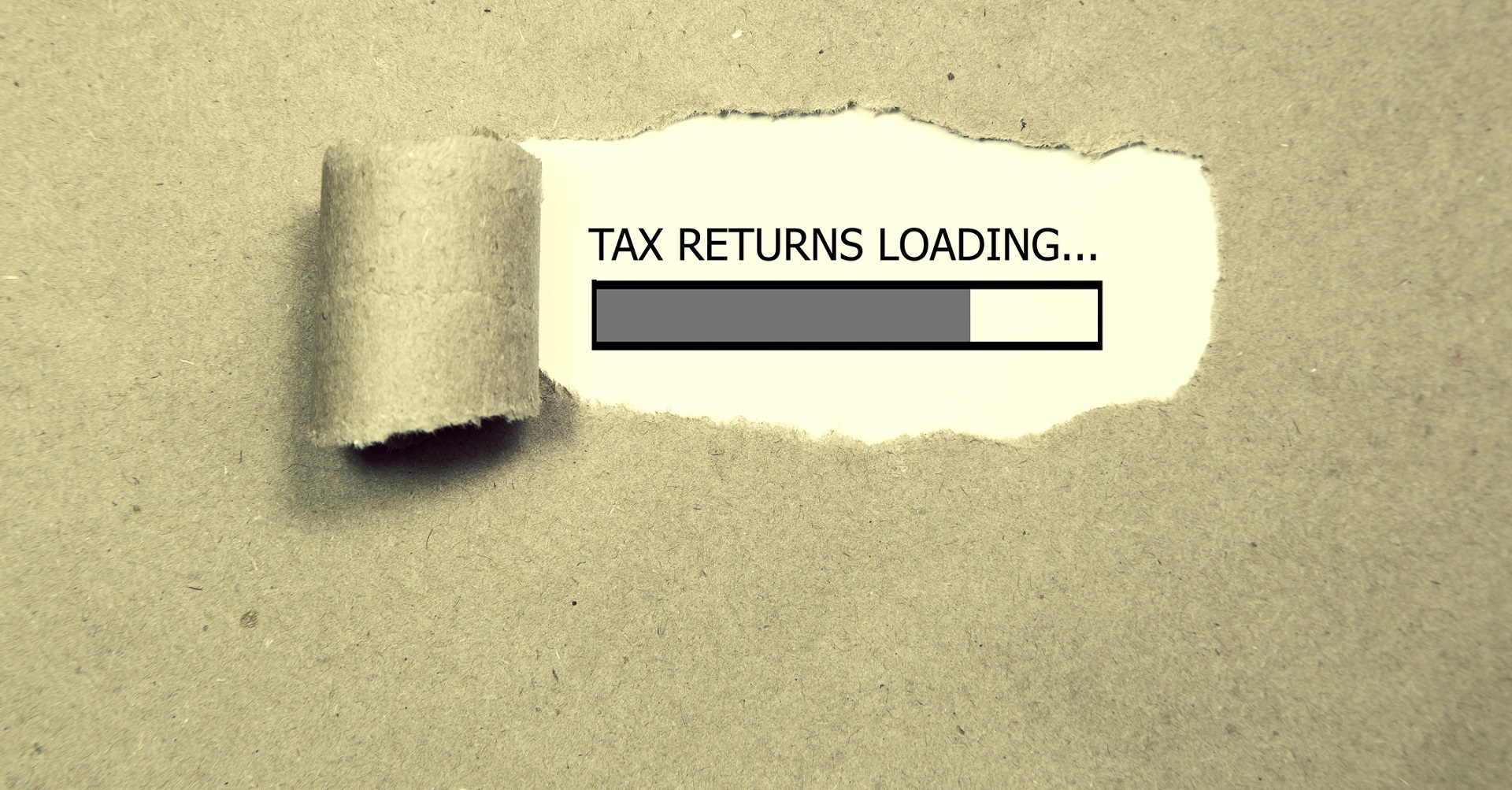Terrified of tax returns? Scared of SARS? Of course you are. You’re not an accountant! How can you be expected to work out whether you owe the government money?
The truth is it’s actually a lot less complicated than you might think. To help you understand what you need to do and when you need to do it, we’ve assembled this beginner’s guide to paying your taxes. For now, all you need to pay is attention…
1. How do I know if I have to pay tax? If you earn a gross annual income (this means the total before any deductions) of more than R75 750 (R6 312.50 per month) between 1 March 2017 and 28 February 2018 then you have to pay tax.
If you earned more than R75 000 in the previous tax year (1 March 2016 – 28 February 2017), you would have had to pay tax.
Don’t forget! Your salary might not be your only income. If you have additional income, for example from selling food to your colleagues, renting out a room, or if you earn interest on an investment, all of this adds up to your total income and must be declared to the South African Revenue Services (SARS). We’ll explain more about this later.
2. How do I register to pay tax? To start paying tax, you will need a tax number. Your employer will probably let you know when you need one. As of this year, taxpayers need to go to SARS in person to register for a tax number. Here is the SARS branch locator, so you can find the branch that’s closest to you.
Make sure you have all the supporting documents you need:
- Some form of identification. This can be your original ID, driver’s licence, passport, temporary identity document or asylum seeker’s certificate or permit.
- Two copies of whichever identity document you are using (SARS officials must be able to compare the original with the copy).
- A proof of address. SARS lists acceptable proofs of address here.
- Proof of bank details. This can be a letter from your bank not older than 30 days, or an original bank statement or ATM generated statement that is not more than three months old, confirming your legal name, bank name, account number, account type and branch code. If your salary is being paid into your spouse’s bank account, you need all of this information as well as your marriage certificate.
3. How much tax will I pay? The tax you are required to pay is calculated on a sliding scale. The more you earn, the greater the portion of your salary you will have to pay to SARS. The first tax bracket, which is from R75 750 to R189 880 a year for the 2017/18 tax year, requires you to pay 18% of your salary in tax. Thereafter, you will pay 18% of everything up to R189 880 and then 24% of everything from R189 881. You can take a look at the sliding scale of tax brackets here.
4. How do I start paying tax?
Your employer should calculate your earnings for that month, and subtract the appropriate monthly tax.
Since you are formally employed, your employer will calculate your earnings and what you owe in tax, according to your tax bracket, and then deduct the money from your salary before you are paid. Your employer will then pay the money over to SARS on your behalf. If you earn additional money other than your salary, you will have to pay the appropriate amount of tax at the end of the tax year, when you file your tax return.
5. What is a tax return? Your employer calculates your tax monthly, but because you don’t necessarily earn exactly the same amount each month – you may have external income or you may get a raise or earn a bonus in the course of the year – you may need to recalculate your total earnings at the end of the tax year. You may also have to account for any allowable deductions (we will cover this in point 6) so that you can get money back from SARS. This process is called doing a tax return. Some companies help their employees to do these, or you may have to do this yourself by visiting a SARS office, or completing your tax return online (more on this later). You can also pay an accountant to do it for you.
In most cases, your tax will be correct, or SARS will owe you a little money. In some cases – especially if you have additional untaxed income – you will owe money to SARS and will have to pay it into a bank account that is given to you.
Note: You do not have to complete a tax return if your total income is not more than R350 000 per annum, and is all earned from the same employer. However, you can complete a return if you feel that SARS might owe you some money.
6. What am I allowed to deduct from my taxes? SARS allows for the deduction of certain expenses from your tax. What this means is that you are allowed to subtract the costs of these expenses from your income, and only pay tax on what’s left. For example, if your salary is R10 000, and you pay R1 000 per month into a pension fund, that R1 000 is deductible. That means when your tax is calculated, you only pay tax on the R9 000 that’s left over.
The following are permissible deductions:
- Pension and provident fund contributions, and retirement annuities.
- Medical scheme contributions (with certain limits).
- Medical expenses for the year not covered by a medical aid (remember to keep your invoices).
- Travel for business (you have to keep a mileage logbook).
- If you earn commission, you are entitled to deduct certain expenses.
7. When must I file my tax return? Remember that the tax year ends on 28 February each year. After that, SARS gives employers a little time to complete their administration and submit the necessary documentation. Your employer will give you an IRP5, which is a tax form that shows how much you earned and how much tax you paid for the year. Tax season generally opens on 1 July, after which you can submit your return.
The deadlines for the submission of your completed tax return are:
| Channel | Deadline | Type of Taxpayer |
| Manual – post or at SARS branch drop boxes | 22 September 2017 | Non-provisional and provisional |
| eFiling or electronic filing at SARS branch | 24 November 2017 | Non-provisional |
| eFiling | 31 January 2018 | Provisional |
8. How do I do my tax return? To complete your tax return, you have to visit a SARS office during tax season and an official will help you to complete your return. Be sure to take all the necessary documentation with you, or you will have to come back and queue again!
Once you are more confident about the process, or if your return is very straightforward, you can complete your tax return online. If you really can’t face it (and honestly, it isn’t too hard…) you can get an accountant or tax consultant to help you - for a fee, of course.
9. How do I complete my tax return online? To pay your tax online, you have to register for eFiling. Visit www.sarsefiling.co.za, and click on Register. The six-step process should take you five to six minutes, and SARS will send the status of your registration to your email account to let you know it has been approved. Then, when it is time to complete your tax return, you can log into your eFiling profile and complete the simple process online.
You can also go to Tax Tim, an online digital tax assistant, who will help you to complete your tax return through a simple step-by-step process for a small fee, which differs depending on the type of return they will need to submit for you.
10. What if I am self-employed?The process for paying taxes as a self-employed individual is different from those of a formally employed taxpayer. You will have to register to be a provisional taxpayer, and will be responsible for making your own tax payments to SARS every six months – in February and June. You will also have to complete a tax return when you are done. You can find out more about becoming a provisional taxpayer here.
Get earning, get paying The good thing about paying tax is that it means that you are earning an income! While it isn’t nice having your earnings reduced and paid to the taxman, it does mean that you are participating in the economy and upliftment of South Africa – so give yourself a pat on the back for a job well done.




